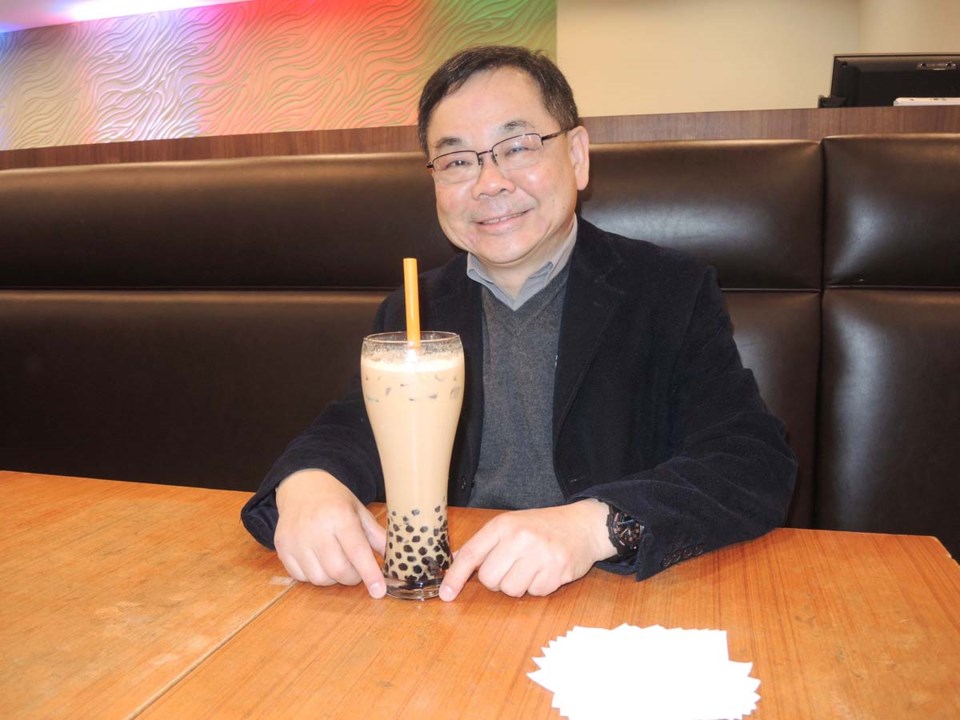As a City of Richmond councillor, people are used to seeing Chak Au’s face in public places.
On the third day of the Chinese New Year, however, don’t expect to see too much of Au, the only member of council who can converse fluently in Cantonese and Mandarin.
Sipping on his bubble coffee inside a Chinese restaurant in Richmond Centre, Au explained a tradition peculiar to his native region in southern China.
“On the third day of the Chinese New Year, we are supposed to stay at home, because, tradition tells us that you are more likely to lose your temper on the third day, so it’s best to stay indoors and not socialize,” smiled Au, taking another sip from his giant straw.
“We believe that it’s easier to get out of control on that day.”
As for the rest of his Chinese New Year celebrations and traditions, Au said much of it is “very much like Christmas; it’s a time for family at home in Richmond.
“We have very subtle tradition from southern China where, for Chinese New Year day, every piece of clothing we wear is new; this is to signify a new beginning.
“And instead of a Christmas tree, we have a pot of mandarin trees; it has the kind of golden colour and signifies prosperity and good luck.
“We also have a special kind of rice cake, made of sticky rice.”
Despite the vast majority of Richmond being of Asian ethnicity, Au is more than aware that demographic isn’t reflected on city council, with only himself, Derek Dang and Alexa Loo being of Asian ethnicity.
“I don’t know how the other two feel, but I’m the only one that can speak the language I guess, so that gives me a bit of an advantage when it comes to communicating with the Chinese community,” said Au.
“So I think I can better understand the needs of the Chinese community and also translate what they’re saying and thinking.
“It is challenging, because there are at least four groups within that (Chinese) community, but all their interpretations and understanding can be very different.
“They do notice (the demographic on council) and generally, they make comments about the representation. But I tell them they have to participate more.”
Au’s urgings, he said, are usually greeted with nods of agreement and “usually, they have good intentions, but they speak of the barriers first, including language and, historically, they have a lack of participation in civic matters from their lives in China.
“It’s changing slowly, not as quickly as we all want it to be.”
In his time on council, Au has spent many hours and days building so-called “bridges” between the Asian and non-Asian communities, with varying degrees of success.
One more recent bridge, however, has already produced what appears to be a long-lasting, cross-culture connection.
“There is this Chinese community awards for women and I’ve encouraged them to open it up to other cultures in the community,” he said.
“So, for the last two years, they’ve recognized people from outside of the Chinese community and it has worked wonders, it has really been embraced. People from across the community then feel involved.
“But this needs to be happening all over the city.”
Au also believes there are more ethnic Chinese businesses joining the Richmond Chamber of Commerce than ever before and that can only be good for all concerned.
“But nothing happens quickly,” cautioned Au.
“People are willing to learn and step out of their comfort zones, but it takes time.”



